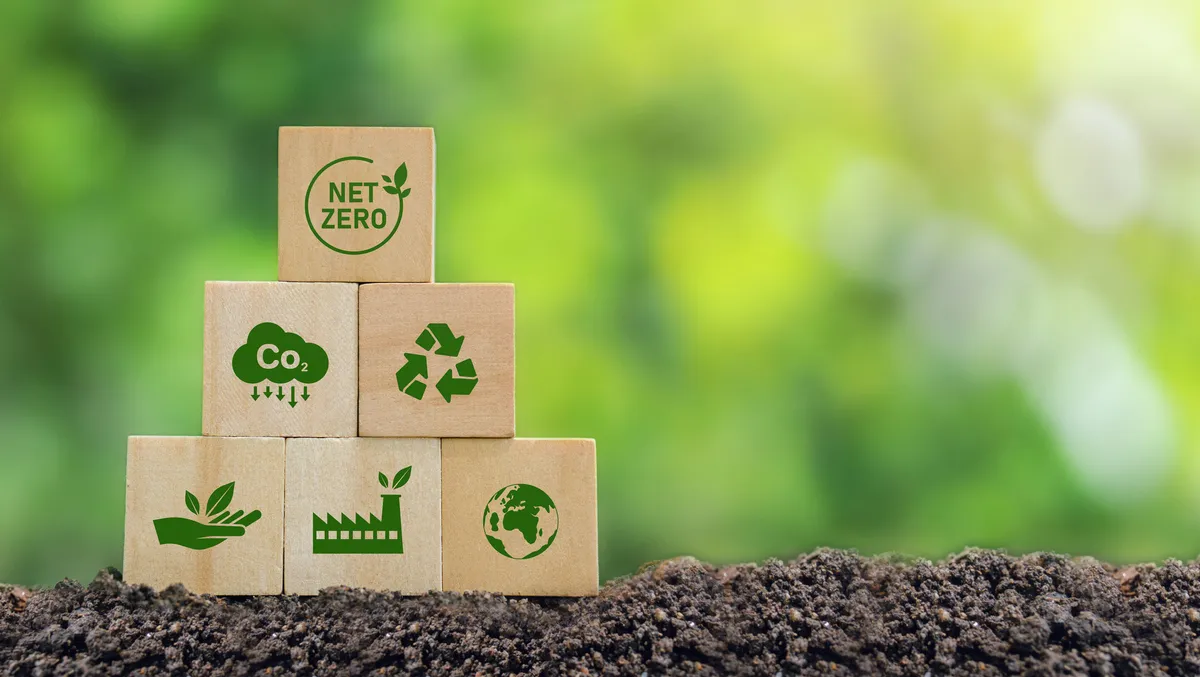
Mastercard to eliminate plastics from payment cards by 2028
Mastercard has announced it is accelerating efforts to remove first–use PVC plastics from payment cards on its network by 2028. This initiative further reinforces the company's sustainability commitments and scales the accessibility of more sustainable card offerings for consumers seeking a way to reduce the environmental impact of their wallets.
In a first move for a payment network, from January 1, 2028, all newly-produced Mastercard plastic payment cards will be made from more sustainable materials, including recycled or bio-sourced plastics such as rPVC, rPET, or PLA, and approved through a certification program. In addition, the company will support its global issuing partners through the transition away from virgin PVC.
"The world has a plastic problem. Solving it will be a whole-of-society task, yet efforts are often taken in isolation or without coordination," says Sandeep Malhotra, executive vice president of products and innovation for Asia Pacific at Mastercard.
"With this sustainable card's effort, Mastercard is bringing its global network of banks, financial institutions and consumers, who collectively hold more than three billion Mastercard cards, together to build a greener payments sector through collaboration and partnership."
Mastercard launched its Sustainable Card Program in 2018. Since then, over 330 issuers across 80 countries have voluntarily signed up, including 90 issuers in 15 markets across the Asia Pacific region. Since then, Mastercard has partnered with major card manufacturers to transition more than 168 million cards across its network, including 31 million in the Asia Pacific region, to recycled and bio-based materials. Today's announcement accelerates these efforts while complementing the company's work to deliver digital-first card programs that eliminate the need for a physical card.
The rule change will also see all newly made cards certified by Mastercard to assess their composition and sustainability claims; an independent third-party auditor will then validate this certification. Once a card has been validated, it can be imprinted with a Card Eco-Certification mark.
"Here in the Asia Pacific region, Mastercard's issuer partners have been very receptive to this initiative, with 90 customers already opting into the sustainable cards program across Japan, Australia, Taiwan, Singapore, Malaysia and many other markets. This means their cardholders can proudly carry their card with the knowledge that it is made from sustainable forms of plastic. This holistic network connectivity is what makes this effort different and more effective," adds Malhotra.
In 2018, through Mastercard's Digital Security Lab, the company launched the Greener Payments Partnership with card manufacturers Gemalto, Giesecke+Devrient and IDEMIA to reduce the use of first-use PVC plastic in card manufacturing. In addition, it launched the Mastercard Card Eco-Certification ("CEC") scheme in 2021.
"Mastercard is committed to advancing climate action and reducing waste by driving our business toward net-zero emissions and leveraging our network and scale to accelerate the transition to a low-carbon, regenerative economy," adds Ellen Jackowski, chief sustainability officer for Mastercard.
"Today's announcement from Mastercard is a huge step for financial services. New sustainable materials, such as rPVC, offer our sector a clear way to accelerate its efforts to build a more sustainable future. As part of our net-zero strategy at HSBC, we've already introduced recycled plastic payment cards across 28 of our global markets and embedded the requirement to use sustainable materials for all debit, credit and commercial cards in our product governance; removing 85 tonnes of plastic that would have ended up in landfill," adds Taylan Turan, group head of retail banking and strategy at HSBC wealth and personal banking segment.


